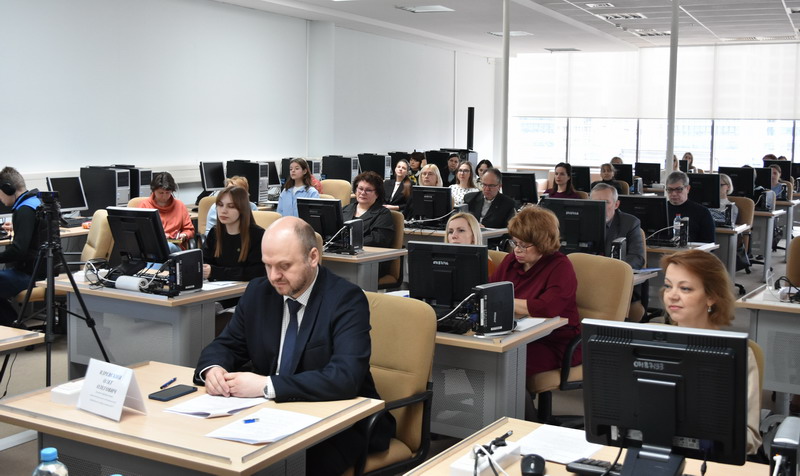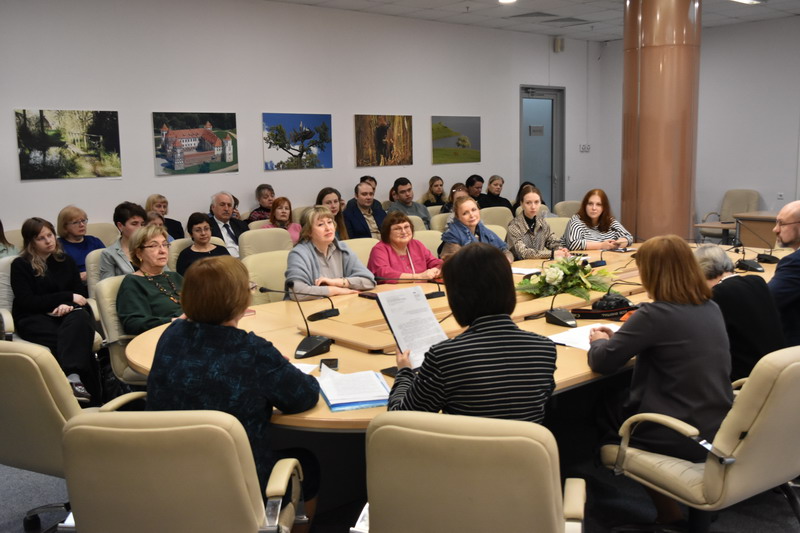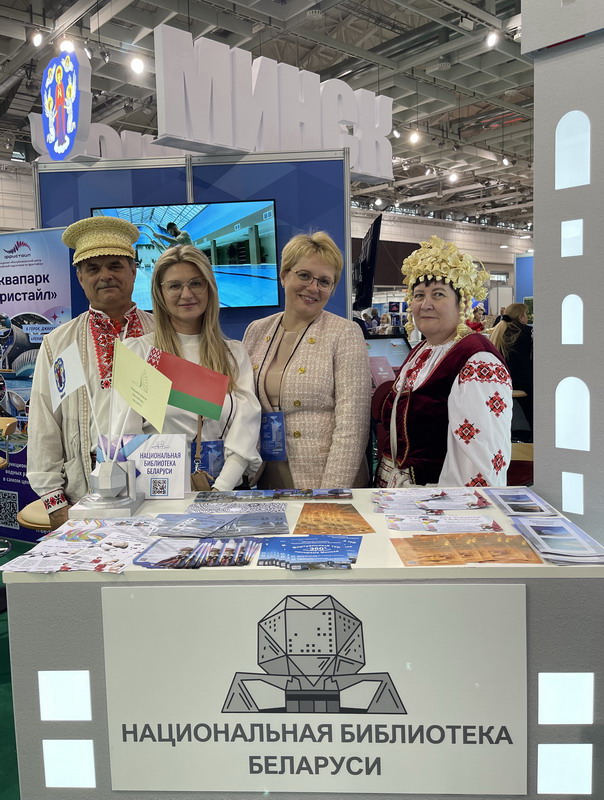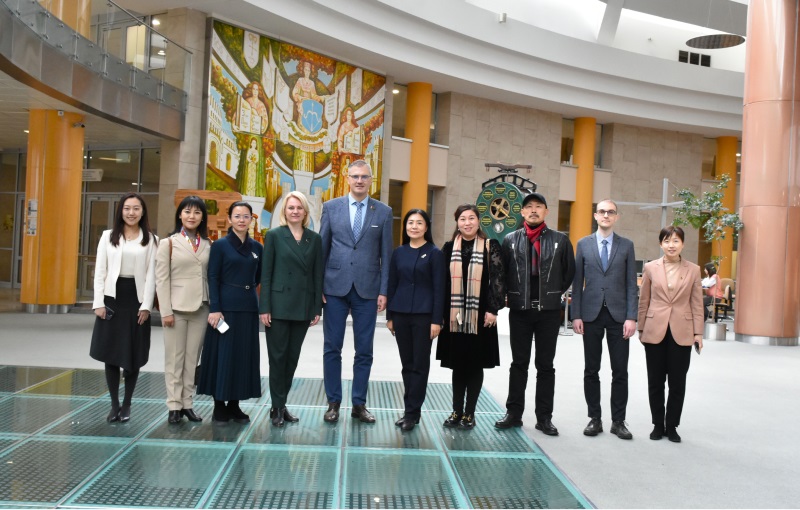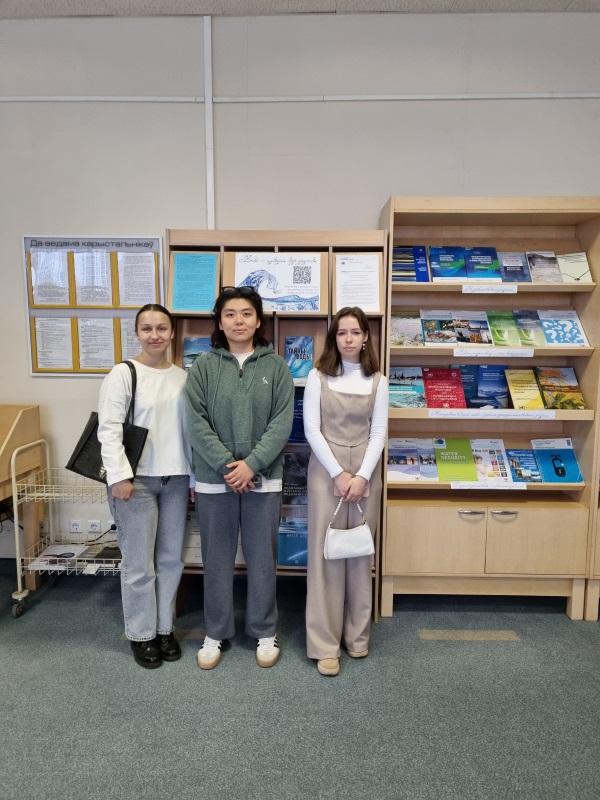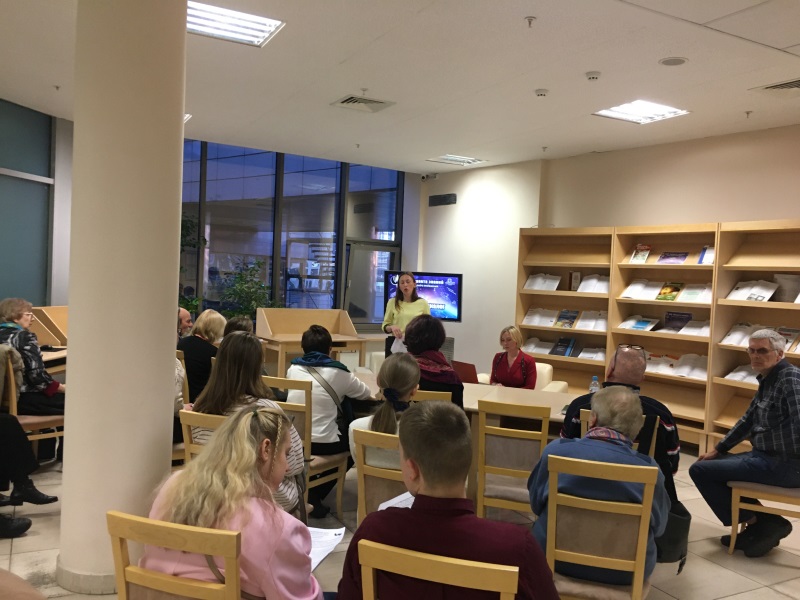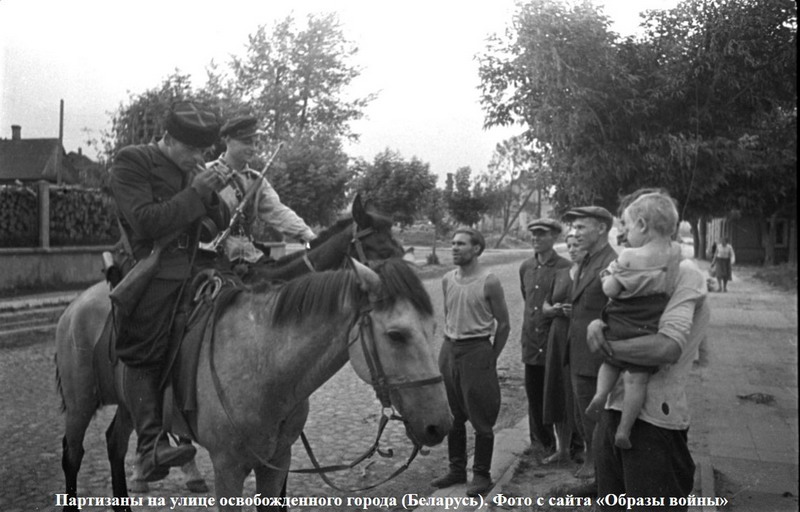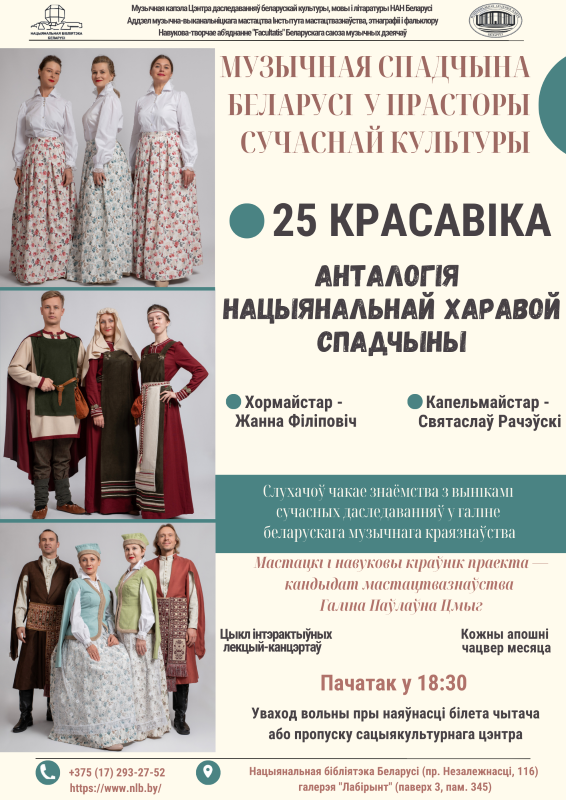From 14 August to 11 September, an exhibition "Human trafficking – a global challenge of our time" dedicated to the International Day for the Remembrance of the Slave Trade and its Abolition runs in the Official Documents Division (room 207).
This day was proclaimed by the General Conference of UNESCO (resolution 29 C/40) based on the recommendation made at the 150th session of UNESCO Executive Board in 1997. It is celebrated annually on 23 August. The date was chosen to commemorate the famous slave revolt that broke out in Haiti in 1791 and initiated the process of elimination of slavery.
Slavery is an unprecedented tragedy and one of the darkest chapters in human history. Despite the fact that slavery has been abolished and condemned internationally, it continues to exist in new forms and affects millions of people around the world. According to UN statistics, every year a huge number of people, mostly women and children, become victims of deception and violence, become "live goods" and victims of exploitation. "The new slave trade" became one of the most acute and widespread problems of today.
For last 15 years a term "human trafficking" has become to refer to any activity concerned with forcing people to work or keeping them in servitude. There are the following main types of trafficking: forced labor, trafficking for sexual exploitation, labor for debt, migrant labor for debt, servitude domestic serving, forced child labor, child trafficking for sexual exploitation.
The exact number of modern slaves in the world is unknown. On 1 June, 2012 the International Labour Organization (ILO) published the results of a second global survey of forced labor, according to which 20.9 million people in various modern countries are victims of slavery. Each year about 700 thousand people get into slavery. Women and girls make up 55 % of the victims of forced labor, as well as 98 % of victims of sexual exploitation.
Human trafficking is a global problem which does not recognize national boundaries. Thus, it is often transnational crime, similar in nature of international drug trafficking and illicit arms trafficking. The United Nations Office on Drugs and Crime said that each year human trafficking brings organized crime groups of about 32 billion dollars. This figure compares with the proceeds of illegal drug trafficking and weapons.
Therefore, to combat human trafficking we must use transnational means of international cooperation in the form of information interchange and mutual assistance. On 30 July, 2010 by its resolution 64/293 the General Assembly adopted the Global Plan of Action to Combat Trafficking in Persons which addressed all relevant UN bodies with a strong and urgent call to coordinate efforts to effectively combat human trafficking.
The Republic of Belarus is among the countries that are the leaders of the fight against human trafficking. The proposal of the formation in our country under the auspices of the UN global movement "Partnership against slavery and human trafficking in the 21st century" met the interested response from all the countries – members of the United Nations and other international organizations.
The exhibition will introduce readers to the research on the phenomenon of slavery and human trafficking, as well as to the international legal aspects of regulation and countering this problem within the framework of the UN, the European Union, the OSCE and the Council of Europe.
The exhibition includes the following sections:
- Background, manifestations and essence of slavery and the slave trade in the global world.
- Contemporary forms of slavery.
- International legal aspects of regulation of the struggle against slavery and the slave trade.
- International cooperation in fighting against slavery and human trafficking.
- Belarus against trafficking.
The exhibition contains about 100 documents in Russian, English, French and German. Most part of the exhibition is documents of international organizations: books, booklets, mimeographed UN documents and periodicals.
The exhibition is designed for a wide range of readers, law enforcement officers, as well as judges, lawyers, teachers and university students, all who are interested in fighting against international slavery and the slave trade.
Telephone: (+375 17) 293 27 34.
Useful links
- International Day for the Remembrance of the Slave Trade and its Abolition (23 August)
- International Day of Remembrance of the Victims of Slavery and the Transatlantic Slave Trade (25 March)
- International Day for the Abolition of Slavery (2 December)
- Modern forms of slavery
- Human trafficking
- UN Secretary-General Campaign "UNiTE to End Violence against Women"
- Office of the High Commissioner for Human Rights (OHCHR)
- Special Rapporteur on trafficking in persons, especially in women and children
- The Special Rapporteur on the sale of children, child prostitution and child pornography
Documents
- Decision 8.2 of the 150th session of the Executive Board of UNESCO
- Conventions and treaties on slavery
- UN Global Plan of Action to Combat of Trafficking in Persons [A/RES/64/293]
- Strengthening coordination of UN and other efforts to combat trafficking in Persons [E/RES/2008/33]
- Conventions and declarations
 |
 |
 |
 |
 |
 |
 |
 |
 |


